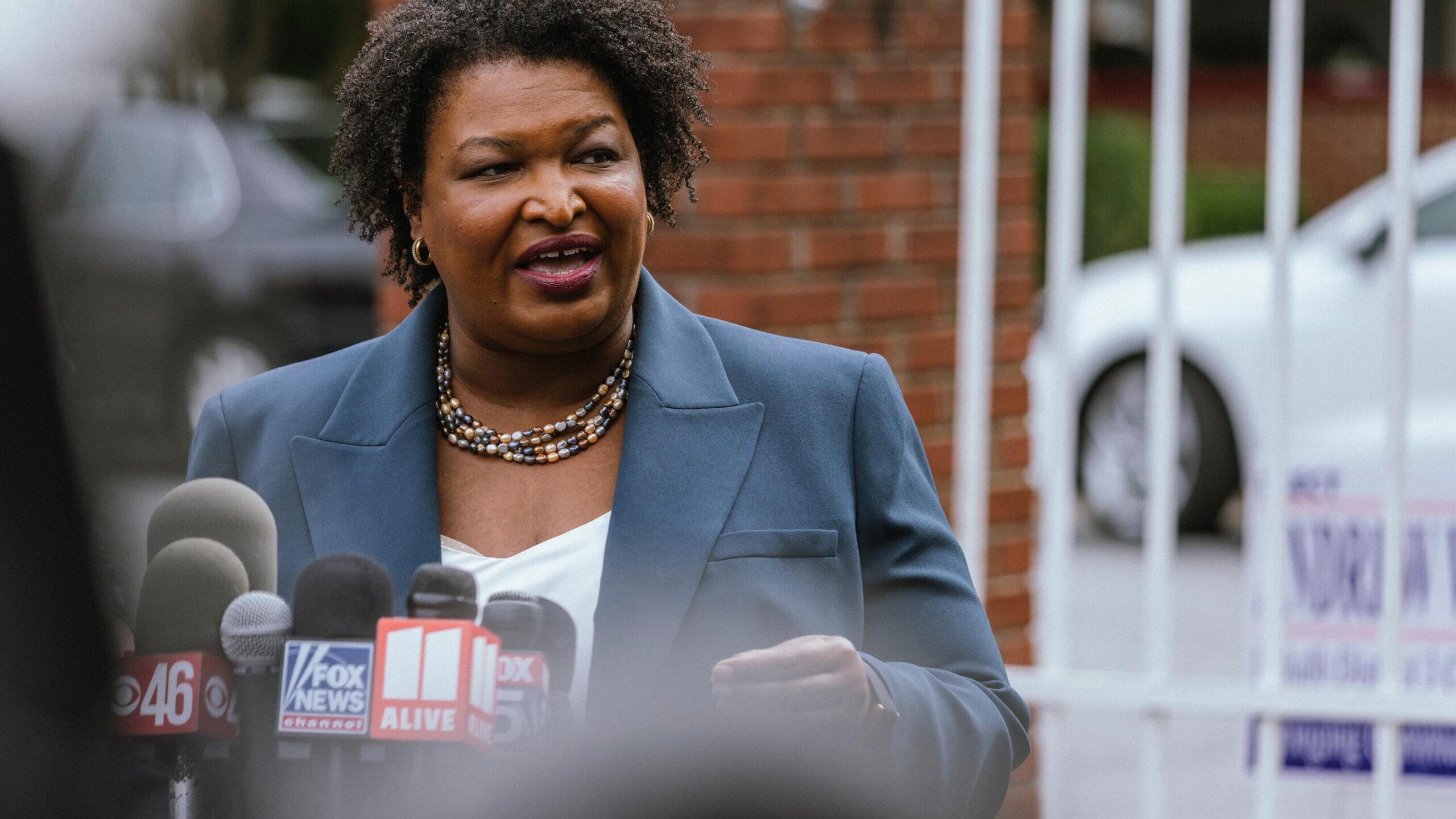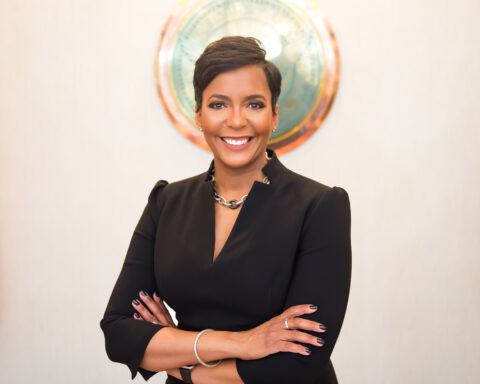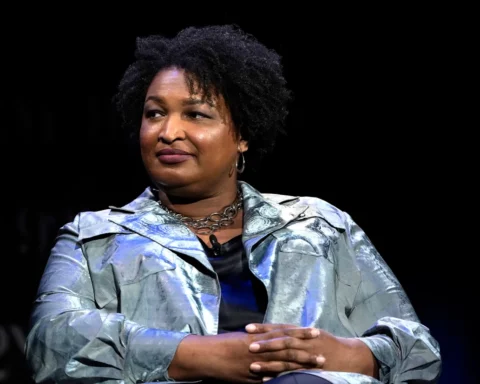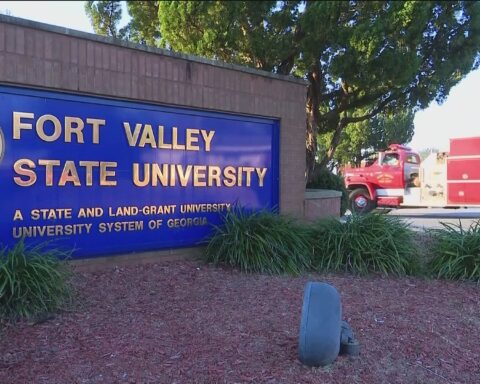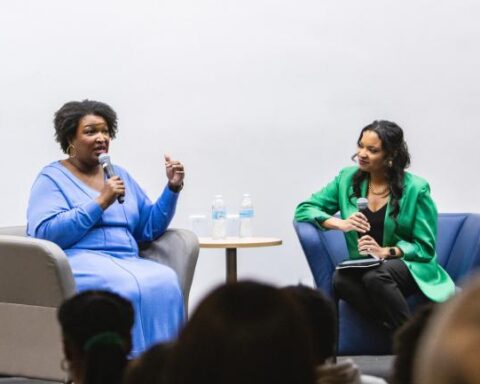By Rebecca Shabad and Blayne Alexander
Stacey Abrams, the Democratic nominee in Georgia’s governor race, said Wednesday that key House and Senate races in her state are likely to play a decisive role in determining whether Democrats maintain their slim congressional majorities this fall.
“Georgia is essential. We know that Raphael Warnock is going to be essential to holding the Senate. We know that Sanford Bishop’s race down in the 2nd District can be part of the puzzle to holding the House,” Abrams said in an interview with NBC News correspondent Blayne Alexander.
Heading into November, Abrams indicated that issues like abortion, gun violence and the economy are at the top of voters’ minds and could boost turnout. While the president’s party typically loses seats in the first midterm elections of a presidency, the Supreme Court’s reversal of Roe v. Wade and former President Donald Trump’s involvement in numerous races have energized Democratic voters in the final months of this election cycle.
“We know that for women in particular, Georgia is going to be vital, because every single state in the South has been on a rampage to make abortion difficult, if not impossible, to get, and having me elected as governor can change the future for women in the state and in this region,” she said.
Abrams described Georgia as having “one of the strictest abortion bans in the nation,” but she didn’t specify what she could do to change that if elected.
“The reason I talk about abortion rights is because women need to know I understand the biology that apparently the governor does not,” she said. “That women are being told to make reproductive choices before they know they’re pregnant.”
Georgia bans nearly all abortions at about six weeks of pregnancy, a measure that was signed into law in 2019 but was held up in the courts until it took effect after the Supreme Court overturned abortion protections nationwide. The state law allows exceptions for rape and incest as long as police reports are filed.
Abrams, 48, launched her campaign for governor in December. Three years earlier, she founded Fair Fight Action, an organization focused on addressing voter suppression, and she was previously the minority leader of the state House.
Abrams is challenging GOP Gov. Brian Kemp, who defeated her in 2018. Asked whether she believes she has an uphill climb, Abrams acknowledged that she’s “the underdog in this race,” saying that is “always going to be the case when you’re running against an incumbent.”
Part of her campaign strategy, Abrams said, involves visiting voters in more rural areas that are typically known for supporting conservative candidates.
“We want to harness those votes, but we don’t take those votes for granted,” she said. “And that’s why my campaign has been so intentional about traveling the state, traveling to places that may not necessarily as a region be inclined to support my candidacy.”
Abrams said 53% of the 1.6 million people she has helped register to vote in Georgia lean Democratic. Much of that community, she said, is “often the most overlooked,” and that’s why she is reaching out to them directly.

